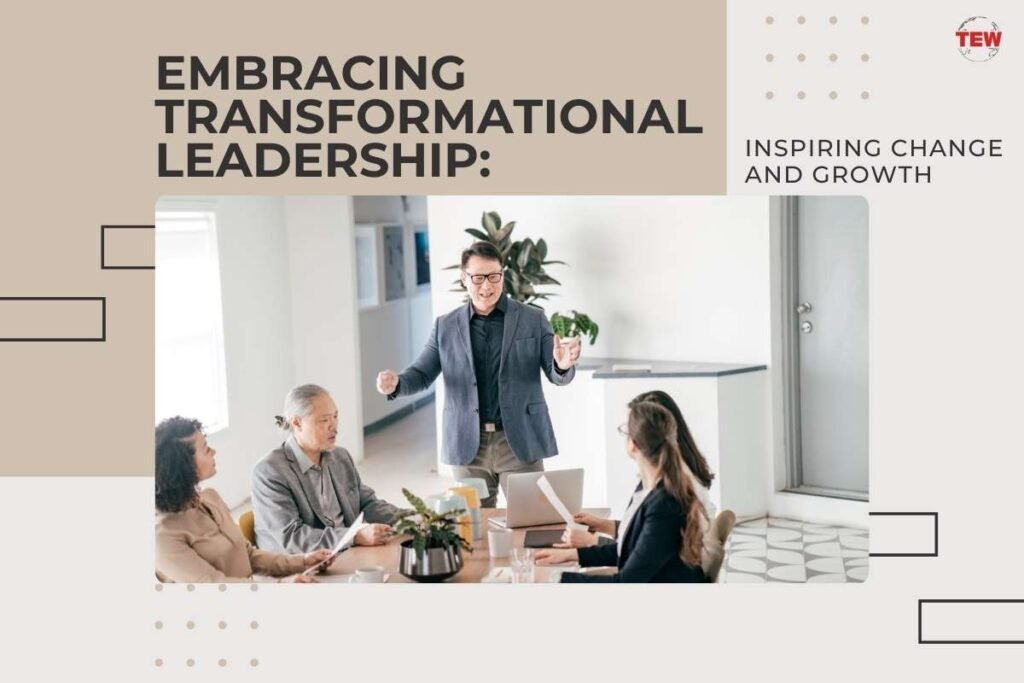Leadership effectiveness is the cornerstone of organizational success, driving productivity, innovation, and employee engagement. In today’s dynamic and competitive business landscape, the ability to inspire, motivate, and empower others is paramount for achieving sustainable growth and excellence. In this article, we delve into the intricacies of leadership effectiveness, exploring its key components, strategies for improvement, and its profound impact on organizational outcomes.
Understanding Leadership Effectiveness:
Leadership effectiveness refers to the ability of a leader to achieve desired outcomes and goals while effectively mobilizing and influencing others toward a shared vision. It encompasses a range of competencies, behaviors, and traits that enable leaders to navigate challenges, inspire confidence, and drive performance within their teams and organizations. Effective leaders demonstrate a blend of technical expertise, emotional intelligence, and strategic acumen, enabling them to adapt to diverse situations and lead with resilience and agility.
Key Components of Leadership Effectiveness:

1. Visionary Leadership:
Effective leaders possess a compelling vision for the future, inspiring others with a sense of purpose and direction. They communicate this vision clearly and passionately, rallying their team around shared goals and aspirations.
2. Communication Skills:
Communication lies at the heart of leadership effectiveness. Effective leaders are adept communicators, capable of articulating ideas, providing feedback, and fostering open dialogue within their teams. They listen actively, empathize with others, and tailor their communication style to suit the needs of different stakeholders.
3. Empowerment and Delegation:
Effective leaders empower their team members, delegating tasks and responsibilities while providing support and guidance as needed. By entrusting others with autonomy and decision-making authority, they foster ownership and accountability, driving motivation and engagement.
4. Emotional Intelligence:
Emotional intelligence is a critical component of leadership effectiveness, encompassing self-awareness, self-regulation, empathy, and social skills. Effective leaders understand their own emotions and those of others, managing interpersonal dynamics with empathy, resilience, and integrity.
5. Adaptability and Resilience:
In today’s volatile and uncertain environment, effective leaders demonstrate adaptability and resilience in the face of challenges and setbacks. They remain flexible and agile, embracing change as an opportunity for growth and innovation.
Strategies for Improving Leadership Effectiveness:

1. Continuous Learning and Development:
Effective leaders prioritize continuous learning and professional development, seeking opportunities to enhance their skills, knowledge, and competencies. They invest in leadership effectiveness training programs, workshops, and coaching sessions to sharpen their abilities and stay abreast of emerging trends and best practices.
2. Soliciting Feedback and Reflection:
Effective leaders actively seek feedback from peers, mentors, and team members, soliciting input on their leadership effectiveness style, strengths, and areas for improvement. They engage in self-reflection, evaluating their performance and identifying opportunities for growth and development.
3. Building Strong Relationships:
Effective leaders prioritize relationship-building, fostering trust, respect, and collaboration within their teams and across organizational boundaries. They invest time and effort in building meaningful connections with their team members, stakeholders, and peers, cultivating a supportive and inclusive work environment.
4. Leading by Example:
Leadership effectiveness leads by example, demonstrating integrity, accountability, and ethical behavior in all their actions and decisions. They set high standards for themselves and their teams, modeling the values and principles they expect others to uphold.
5. Embracing Diversity and Inclusion:
Effective leaders recognize the value of diversity and inclusion, embracing different perspectives, backgrounds, and experiences within their teams. They create an environment where all voices are heard and respected, fostering creativity, innovation, and collaboration.
Impact of Leadership Effectiveness on Organizational Outcomes:

Leadership effectiveness has a profound impact on organizational outcomes, influencing employee engagement, retention, and performance. Effective leaders inspire trust and confidence, fostering a positive work culture characterized by high levels of morale, motivation, and commitment. They drive innovation and creativity, encouraging experimentation and risk-taking while providing support and guidance. Moreover, effective leaders cultivate a sense of purpose and belonging, aligning individual goals with organizational objectives and driving collective success.

Embracing Transformational Leadership: Inspiring Change and Growth
Transformational leadership stands as a beacon of change in the realm of organizational dynamics, reshaping the traditional paradigms of leadership.
Conclusion:
Leadership effectiveness is essential for driving organizational success and achieving sustainable growth in today’s complex and competitive business environment. Effective leaders possess a unique blend of skills, traits, and behaviors that enable them to inspire, motivate, and empower others toward a shared vision. By prioritizing continuous learning and development, building strong relationships, and leading by example, leaders can enhance their effectiveness and drive positive outcomes for their teams and organizations. Ultimately, leadership effectiveness is not just about achieving results—it’s about empowering others to reach their full potential and creating a culture of excellence and innovation that fuels long-term success.




